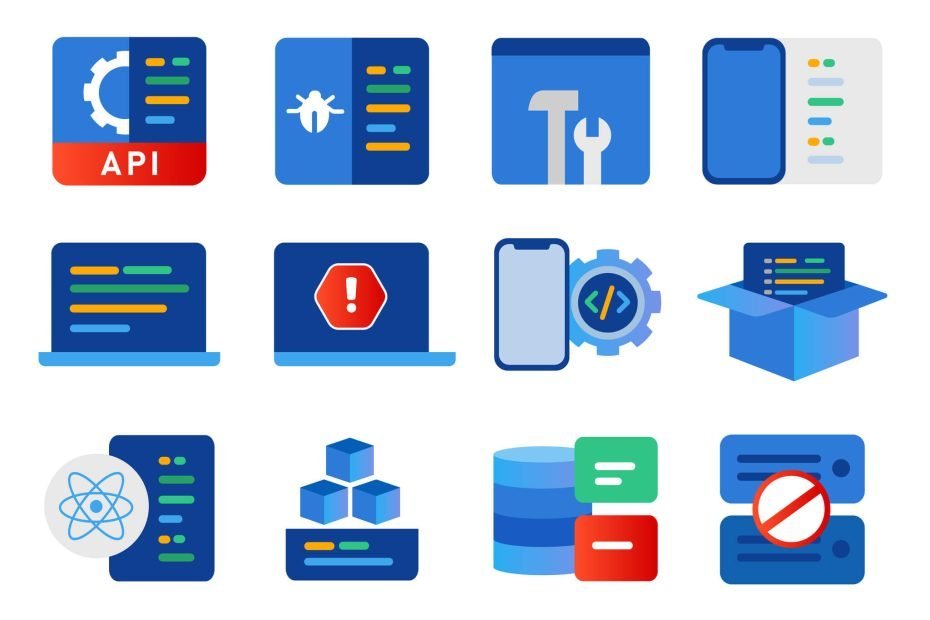Will Lack Of Computer Parts Drive Cloud Adoption
How does the lack of computer parts impact cloud adoption? Cloud adoption in organizations across the world is at an all-time high, and the pandemic only fueled this phenomenon further. Cloud adoption has been integral in promoting remote work internationally and even though the urgencies of the pandemic are nowhere near as terrifying as they used to be, both employers… Continue readingWill Lack Of Computer Parts Drive Cloud Adoption









